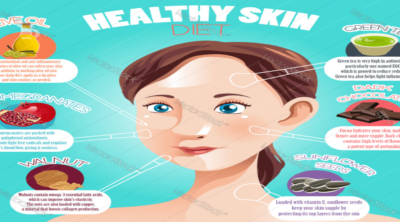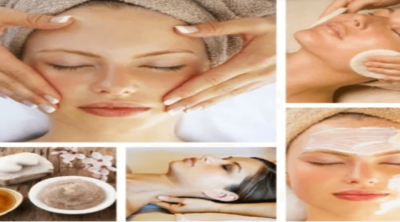
Benzoyl peroxide is often in the list of ingredients in creams and lotions used for controlling or treating acne. The following BeautiSecrets write-up provides information on the side effects of this chemical.
Benzoyl peroxide has long been used in anti-acne cleansers, creams, and lotions that are sold over the counter, or even the products that are prescribed by dermatologists for treating mild or moderate acne. It works by introducing oxygen in the skin pores, thereby killing Propionibacter acnes, the anaerobic bacteria that often causes acne. Since anaerobic bacteria cannot survive in oxygen-rich environment, the application of such skin care products can certainly prove beneficial. However, caution must be exercised while using such products on account of the side effects that might occur following their use.
Side Effects
Though this organic compound from the peroxide family has been used for treating acne for decades, it must be noted that its continuous use may lead to some adverse effects such as:
- Dry skin
- Irritated skin
- Redness
- Skin peeling
- Inflammation
- Pain
If you are using it for the first time, you should perform a skin patch test. If you do not develop an allergic reaction, you can safely apply it on your face.
The symptoms that might be experienced in case of an allergic reaction include:
- Skin rash
- Itching
- Hives
- Dizziness
- Breathing difficulty
- Swelling
- Chest tightness
Other Side Effects
- Formation of blisters
- Rashes
- Red spots or bumps
Do not let it get into your eyes, nose, or mouth. Discontinue its use, if you experience symptoms such as swelling, burning or tingling sensation, a feeling of warmth, mild stinging sensation, and redness of skin.
Skin care products that contain this compound must not be used by pregnant women and nursing mothers. It should not be applied on infants and children under the age of 12 years.
Not everyone may experience all the aforementioned side effects of benzoyl peroxide, but it’s always better to be on the safer side. So, consult your dermatologist, and inform him/her about any adverse effect that might have occurred due to its use. Let your dermatologist weigh the pros and cons carefully. If your skin is very sensitive, there’s also the option of following tried-and-tested home remedies for treating acne naturally.
Disclaimer: The information provided in this article is solely for educating the reader. It is not intended to be a substitute for the advice of a medical expert.


